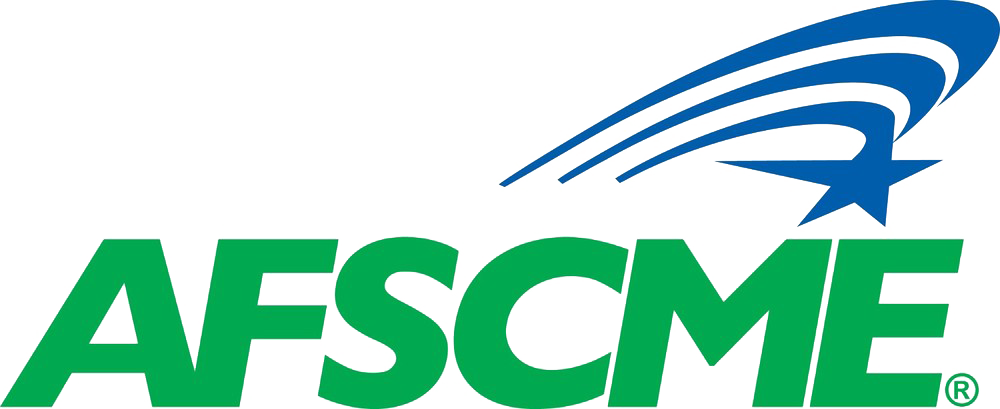Dec. 17, 2020 -- With COVID-19 (novel coronavirus) cases spiking, leaders of the unions representing nearly 4,000 frontline Connecticut Judicial Branch employees are calling out administrators for refusing to address workplace health and safety concerns.
In a Dec. 14 letter to Supreme Court Chief Justice Richard A. Robinson and Chief Administrator Patrick Carroll, union leaders urged an immediate meeting and called for “a full and complete dialogue” around their concerns, as well as the discussion of implementation of a maximum telework/hybrid, minimum on-site work policy.
- Click here to read the union coalition letter.
“[D]espite the ever-worsening pandemic, its increasing risk to judicial employees and the public they serve, and what all public health experts tell us is a high likelihood of further significant deterioration, the Branch is continuing the same level of worksite activity that it chose to perform in late November,” union leaders wrote. “We ask that you immediately reconsider this decision, because it not only puts employees and the public at risk, and because if current infection rates increase as predicted, it may soon reduce the level of services provided to the public.”
The union coalition pointed out that approximately 38 employees or contractors tested positive for COVID-19 when the Branch went to a maximum closure model in April. In November, that number was approximately 114 (prior to the Thanksgiving surge).
The first eight days of December already show more cases than in all of April, and public health experts suggest things will only get worse - and there is simply no way to know how many members of the public may also have been infected through their visits to Judicial facilities.
Union members say several working conditions – from the physical layout of old and cramped courthouses to worksites (such as the juvenile detention centers) that are “captive audiences” for the transmission of the COVID-19 virus to inadequate contact tracing practices – demand immediate response by Branch leadership.
Regarding contact tracing, the union coalition said that some of the Branch’s practices “encourage supervisors to interfere with good faith reports of contacts, modify results, discourage accurate reporting, and intimidate employees from providing accurate information”
“We again implore you, in these extraordinary times, to hear the voices of the thousands who serve the Branch and the public, and to take the actions necessary to keep everyone safe and well-served,” union leaders concluded. “Too much is at stake to do otherwise.”
The Judicial Branch Union Coalition comprises Judicial Branch and Division of Criminal Justice Employees, AFSCME Local 749; Judicial Marshals, IBPO Local 731; Judicial Professional Employees (JPE) Union, AFT Local 4200B; Judicial Supervising Marshals, Supervising Judicial Marshall’s, CSEA SEIU Local 2001; and Public Defender Attorneys, AFSCME Local 381.
# # #

